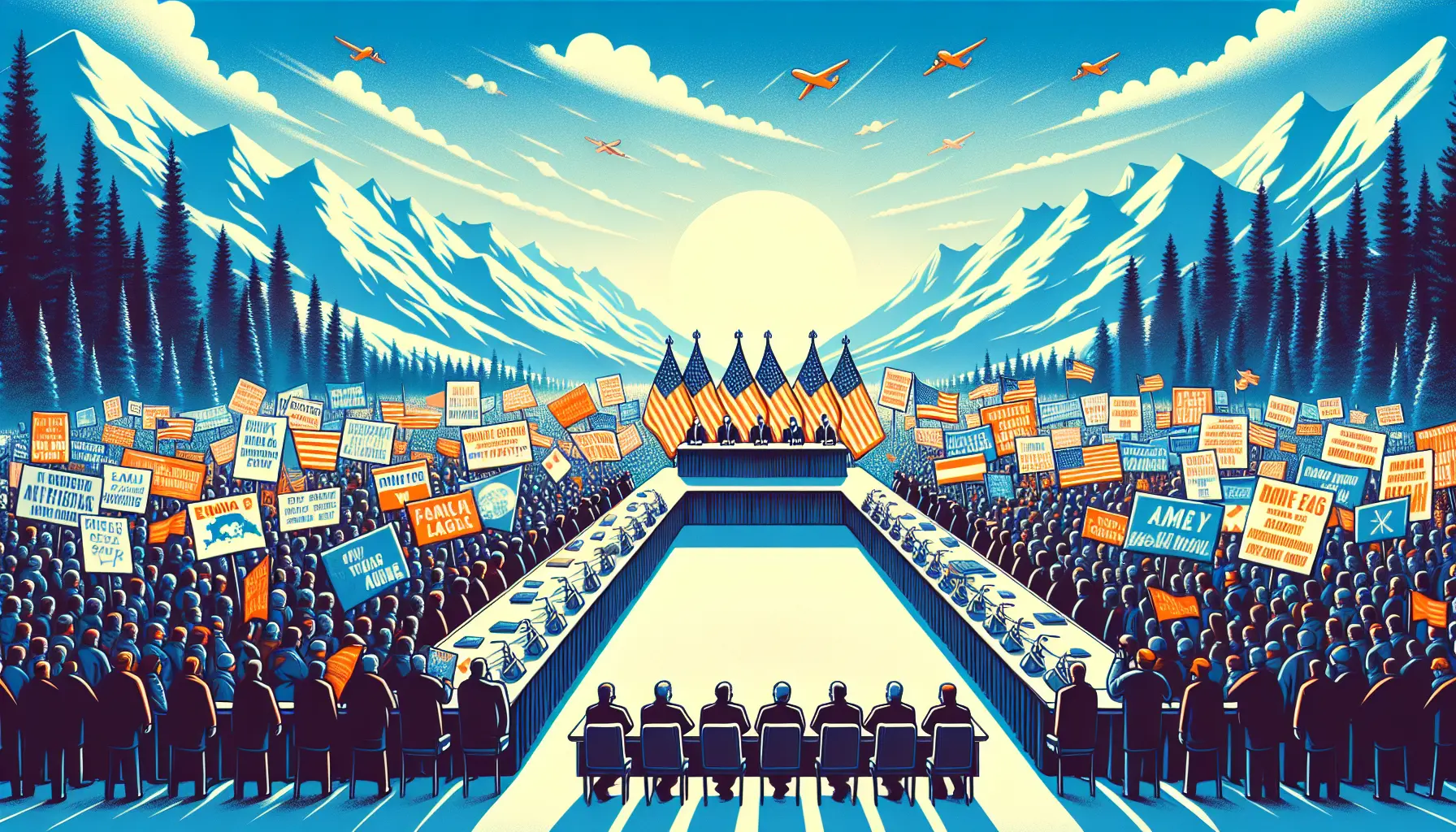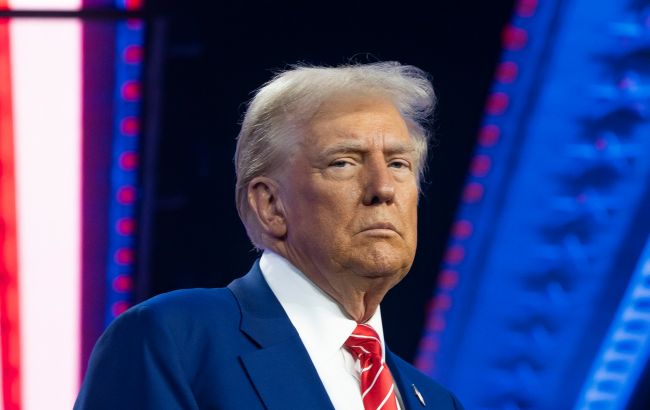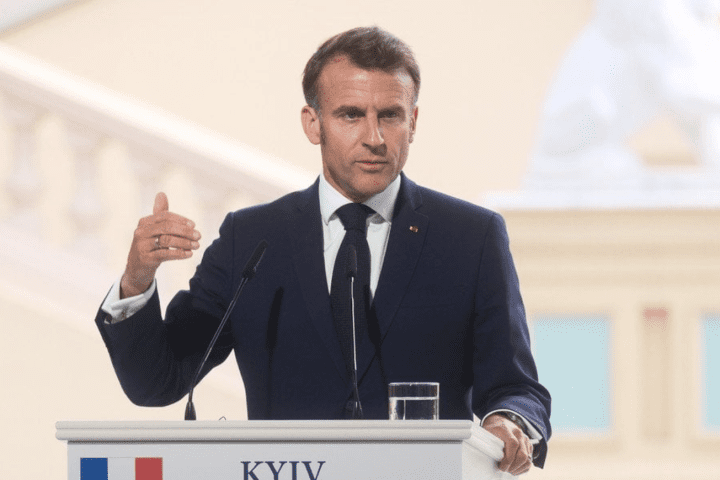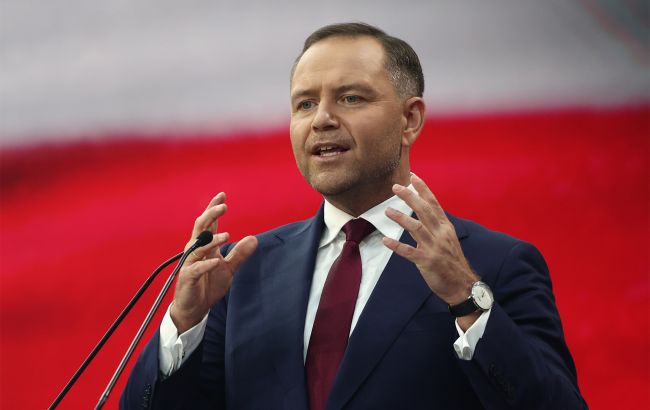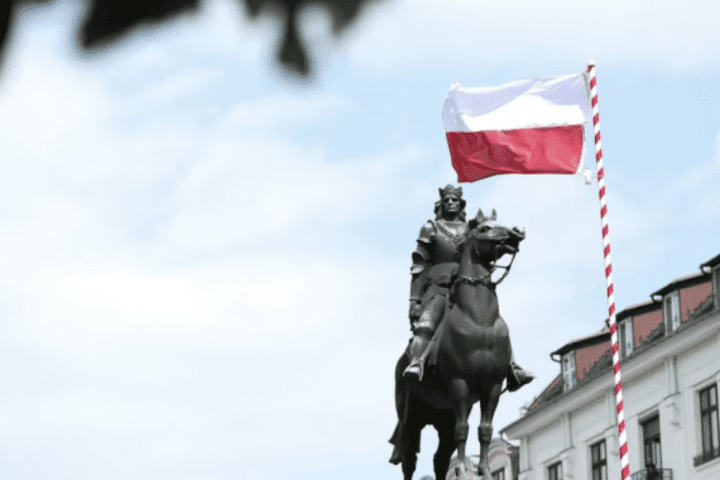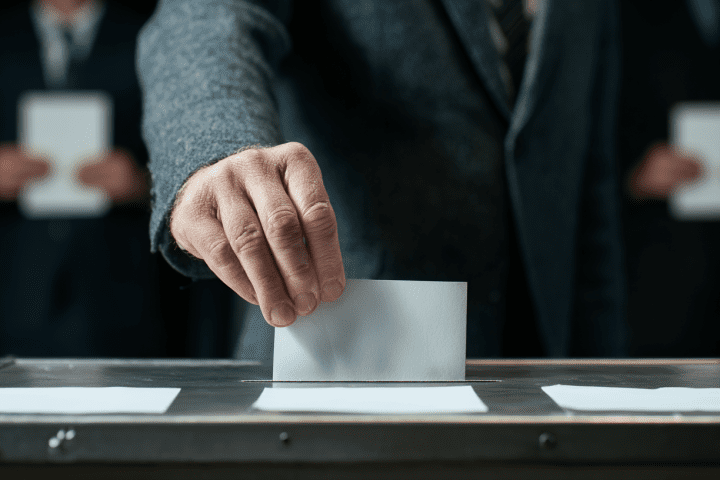Government Collapse and Leadership Resignations.
Mass protests across Nepal have forced Prime Minister K.P. Sharma Oli to resign, citing the need for a “constitutional solution” to the crisis. Reports in Indian media claimed President Ram Chandra Paudel also stepped down, though his office has denied this.
The unrest erupted after the government blocked 26 social media platforms — including Facebook, X, and YouTube — for failing to register with authorities. Although the ban was later reversed, public anger persisted, fueling demonstrations against corruption and authoritarian rule.
Deadly Clashes and Escalation
At least 21 people were killed during two days of violent clashes between protesters and security forces, with dozens more injured. Hospitals in Kathmandu reported being overwhelmed with casualties, and some medical facilities were affected by tear gas drifting inside.
Demonstrators stormed government buildings, torched the parliament and the prime minister’s residence, and ransacked ministers’ homes. Party headquarters also came under attack. The main airport in Kathmandu was partially shut down amid the chaos.
Jailbreaks and Security Breakdown
Officials confirmed mass prison breaks in western Nepal. More than 770 inmates escaped from Kaski District Jail, while another 127 fled Tulsipur Jail in Dang Province after protesters stormed the compounds. Local media reported additional jailbreaks yet to be verified.
Army Response
The Nepal Army issued a late-night statement warning that if vandalism and looting continued, it would “take control of the situation” starting at 22:00 local time. The military urged citizens to support its efforts and pledged further updates once conditions were assessed.
Army Chief General Ashok Raj Sigdel also released a video message, calling for dialogue with protesters and urging restraint:
“It is our shared responsibility to maintain law and order, safeguard unity, and prevent further loss of life.”

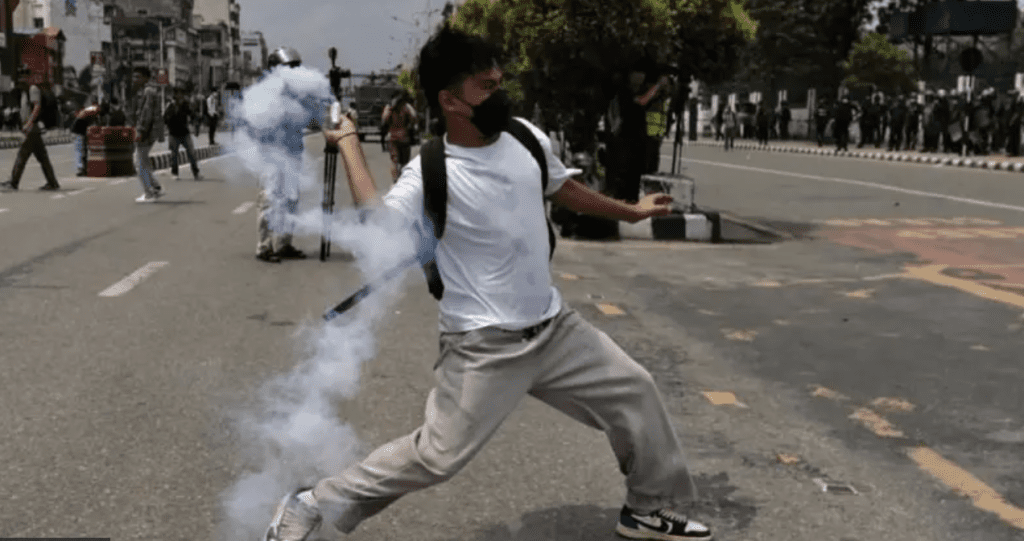
Roots of the Unrest
Protesters — largely from Nepal’s younger generation — say the social media ban was only the trigger. Many accuse the ruling coalition of corruption, authoritarianism, and failure to address the country’s economic hardships. Demonstrators carried placards reading “Enough!” and “End Corruption!”




